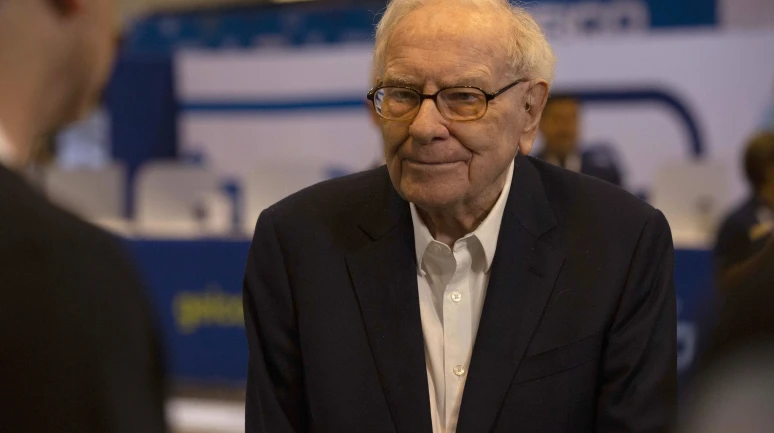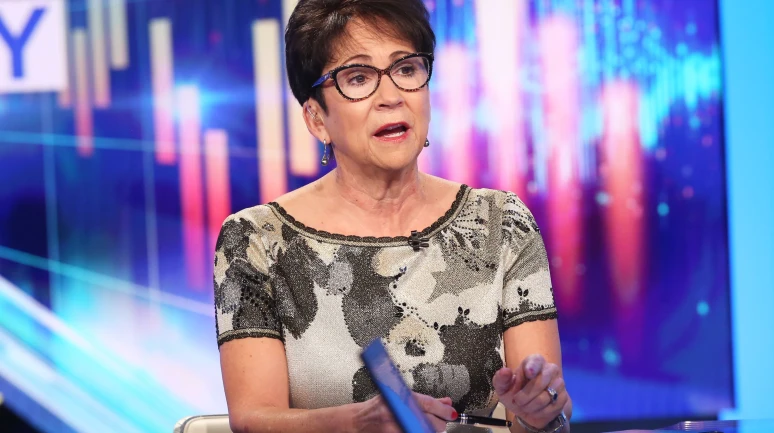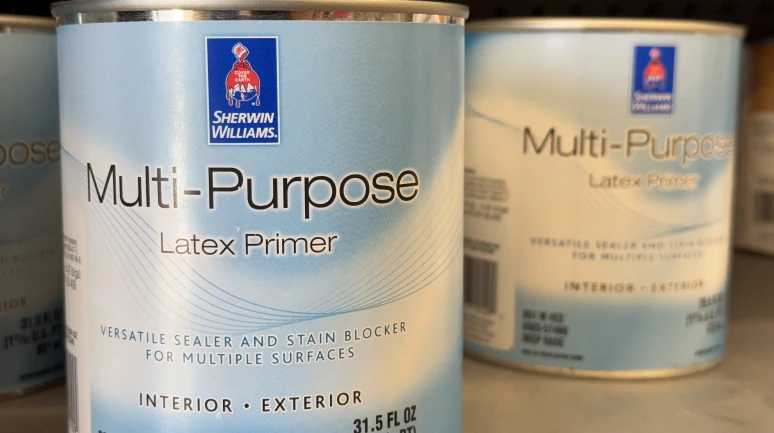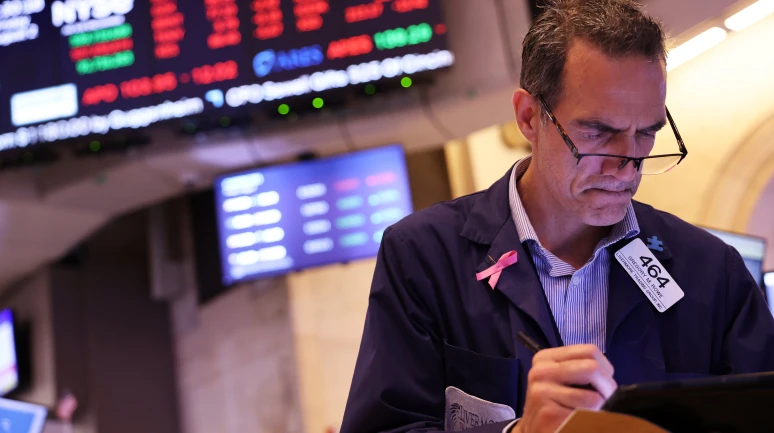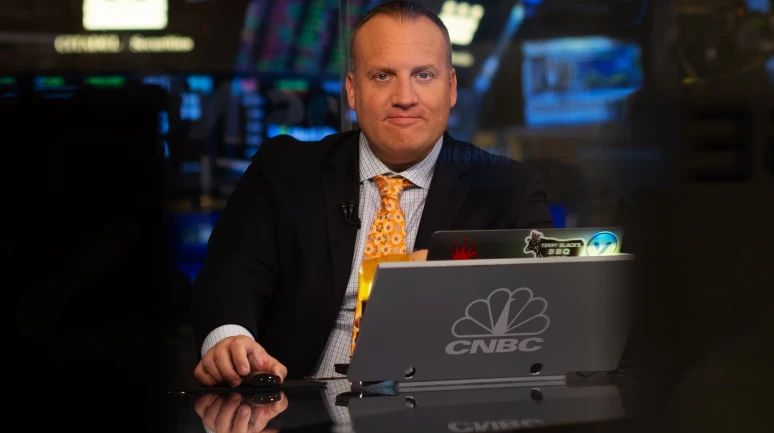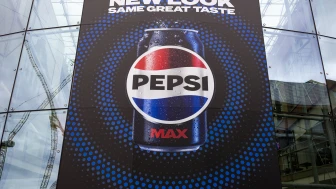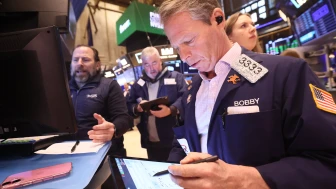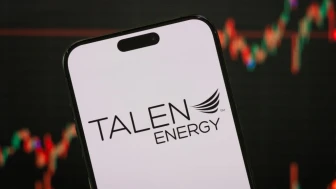The underperformance trend becomes even more concerning when looking at the long-term horizon, with a remarkable 84% of fund managers unable to beat the benchmark after a decade. These statistics underscore the persistent struggle for active fund managers to consistently generate alpha and outperform the market over extended periods. As investors increasingly turn to passive index funds and low-cost investment strategies, the pressure on active managers to justify their fees by delivering alpha continues to intensify.
According to the annual survey conducted by S & P Dow Jones Indices, the performance of active fund managers in 2024 was once again disappointing. The survey revealed that 65% of large-cap fund managers underperformed their benchmark, the S & P 500, throughout the year. The long-term performance was even worse, with 84% of managers underperforming after a decade. The SPIVA U.S. Scorecard, known for evaluating the performance of active fund managers against their benchmarks, included over 2,000 mutual funds and ETFs in the U.S. in its 2024 report.
Long-Term Underperformance Trends Continue
Looking at the long-term trends, the report highlights that 84% of fund managers underperformed after a decade. Interestingly, small-cap managers stood out with a better performance in 2024 compared to their large-cap and mid-cap counterparts. Only 30% of small-cap managers underperformed their benchmarks, which is significantly lower than the historical average of 60% underperformance. Anu Ganti, the head of U.S. Index Investment Strategy for S & P Dow Jones Indices, attributed this success to the return differentials between the S & P 500 and S & P 600 indices.
SPIVA U.S. Scorecard: Benchmark for Evaluating Fund Managers
The SPIVA U.S. Scorecard, managed by S & P Dow Jones Indices, serves as the industry standard for evaluating active fund managers against their benchmarks. The 2024 report covers over 2,000 mutual funds and ETFs in the U.S., encompassing nearly all domestic funds.
Despite the high quality of active managers, their long-term track record remains poor. The SPIVA survey spanning 24 years highlighted that underperformance rates tend to increase with time, reaching 84.3% for large-cap fund managers after 10 years. Factors contributing to the challenges faced by active managers include higher fees compared to index funds, the presence of professional traders without an information advantage, and the difficulty in selecting outperforming stocks in advance.
Performance Analysis by Fund Size
While large-cap fund managers' underperformance in 2024 aligned with historical averages, small-cap funds fared comparatively better. Only 30% of small-cap managers underperformed, significantly lower than the usual 60% average.
The survey results underscore the importance of diversification and low-cost indexing in investment strategies. Ganti emphasized that the success of the small minority of active managers who outperform is often attributed to luck rather than skill. The data suggests that consistent outperformance is rare, reinforcing the argument for a more passive approach to investing.
Factors Behind Small-Cap Managers' Relative Success
Anu Ganti, the head of U.S. Index Investment Strategy at S & P Dow Jones Indices, attributed the better performance of small-cap managers in 2024 to the significant return gap between large-cap and small-cap indices. This variance allowed small-cap managers to potentially leverage exposure to larger cap stocks.
Challenges of Long-Term Outperformance
The SPIVA survey's 24-year history underscores the persistent struggle for active managers to outperform over time, with underperformance rates escalating with longer investment horizons.
S & P Dow Jones Indices has released its annual survey on the performance of active fund managers, and the results are once again disappointing. Sixty-five percent of large-cap fund managers failed to meet their benchmark (the S & P 500) in 2024.
Market Conditions Impacting Active Managers
Beating the market remains a formidable challenge, especially when market conditions are not conducive for active management, such as low volatility, strong market performance, and dominance by a few large-cap tech stocks.
Increasing Difficulty for Active Managers
Ganti emphasized that the rising complexity of the market, higher fees for active management, lack of informational advantages, and the limited number of outperforming stocks pose significant hurdles for active managers in today's landscape.
The Illusion of Consistent Outperformance
While some active managers may outperform in the short term, sustaining this success proves elusive. Ganti highlighted that luck plays a substantial role in short-term outperformance, contrasting with long-term skill-based consistency.
Emphasis on Diversification and Low-Cost Indexing
Ganti stressed the importance of diversification and utilizing low-cost indexing strategies, especially given the challenges faced by active stock pickers. The data underscores the rarity of consistently successful active managers.






